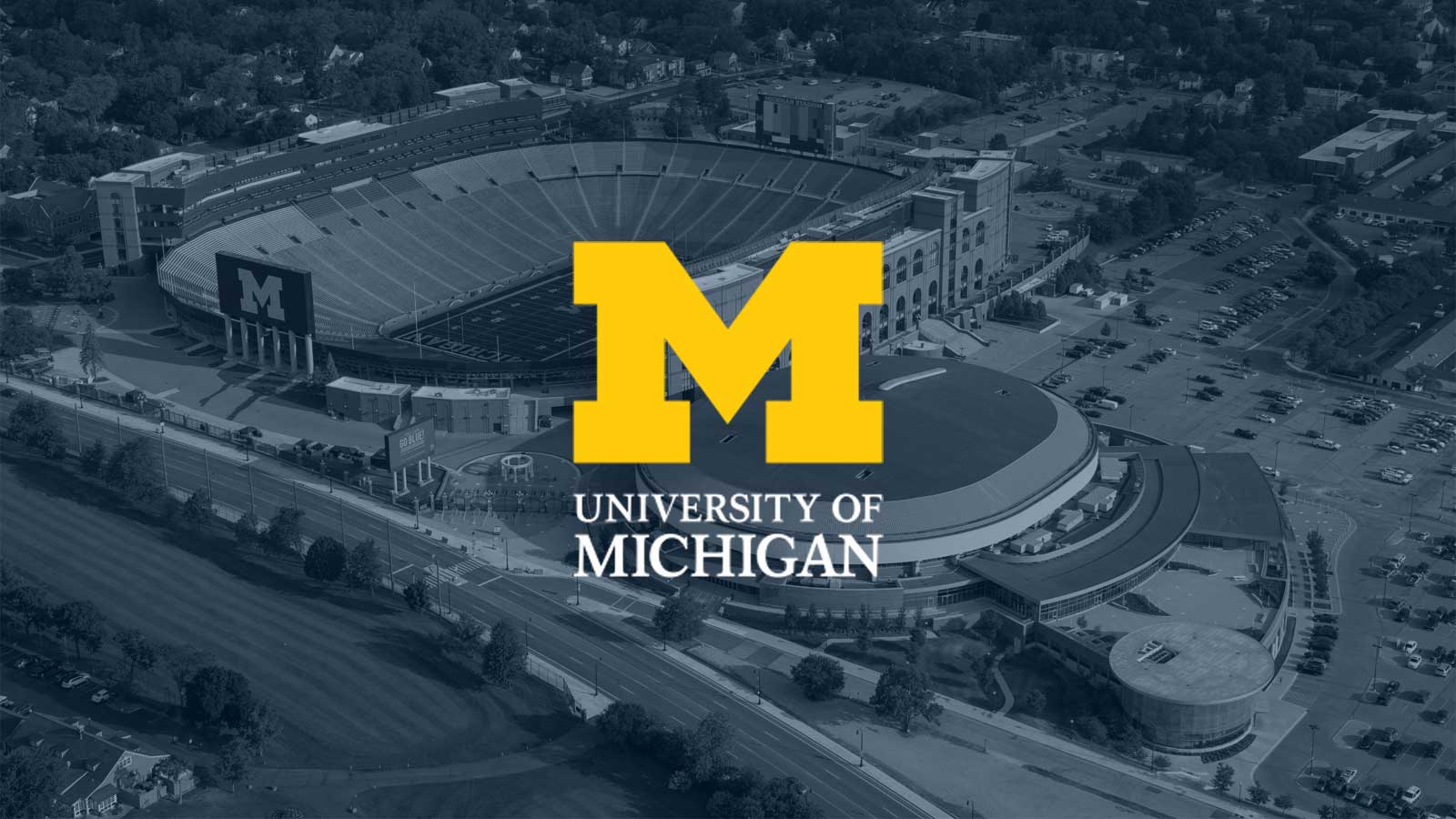It reminds me of a story that a web developer who found out that other sites were hosting his game by linking back to his website in an iframe and using it to make money off of ads. He made a check that if any calls are being made to the game from an iframe, replace the game with an image of goatse.
It's not that they just found out, but more that they have combed through and prepared all of the information they could legally release.

The University of Michigan says in a statement today that they suffered a data breach after hackers broke into its network in August and accessed systems with information belonging to students, applicants, alumni, donors, employees, patients, and research study participants.
Genuine question: If the network is decentralized, how are they able to determine the amount of users on the system?
The article mentions opt-in usage reporting, but that would only indicate there's around 115 million users actively reporting that they're using it, right?
Unfortunately this.
Not only would companies not want to use it because of no incentives like what they get from the internet with monetary gains, it'll likely only exist as an incredibly niche thing because not many people will hear about it due to the first part.
That said, maybe that's the best part of the whole thing. With less things to exploit, it wards off companies and "influencers" just using it to make money and it becomes more focused around hobbies like the internet once was.
Agreed. And in a way, it is also a contributing factor to how polarizing internet-based discussion has become. Rather than show you the most cited websites for answering a political question, it's going to use its profile of "you" to show you something you're more likely to engage with.
